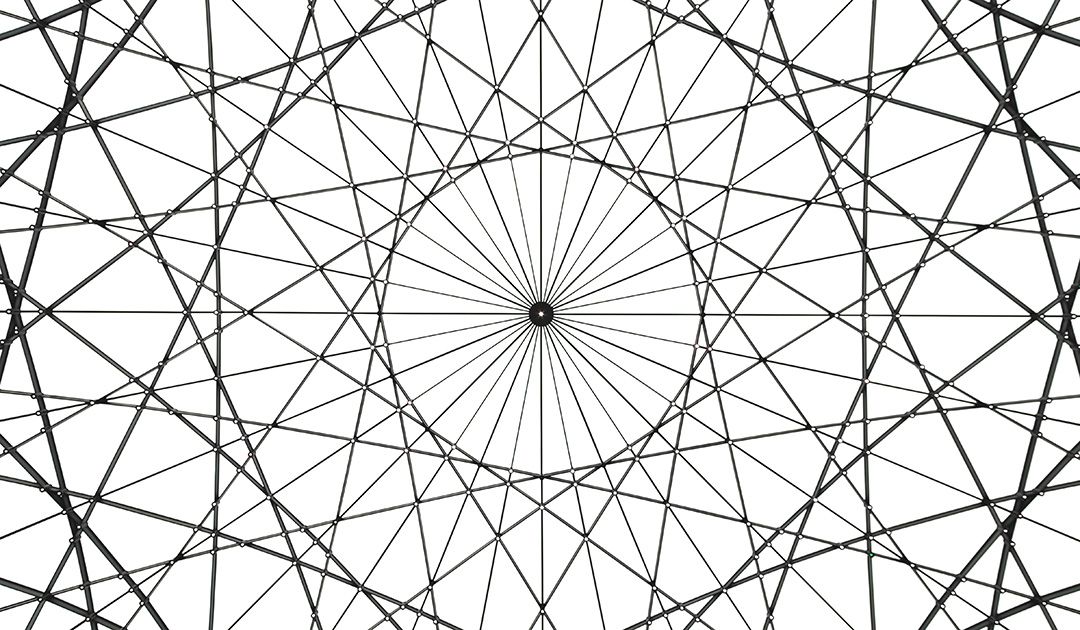The Soul and Plato
What is the soul and how does it work? Is your soul exploited by the State through the Noble Lie?
Plato (429—327 BCE) serves as the backbone of Western civilization and philosophy–recounting and preserving the theories of his contemporaries, as well as his own. Socrates (469—399 BCE), having never written a surviving word himself, is captured by Plato and acts as his mouthpiece. Though the duo seem inseparable, Plato credits Socrates as the original source of thought and almost all the philosophical work is presented by or through him.
Socrates is a proponent of ante rem dualism; presuming a prior existence of the soul [i.e., spirit / mind / psyche] and its separation from the body. The soul is a non-composite substance that is indescribable and existed among the Forms (partaking and understanding of their true / necessary perfections) prior to becoming, or existing through its encapsulation of the sensible body; the soul creating a bridge between the reasonable and empirical.





